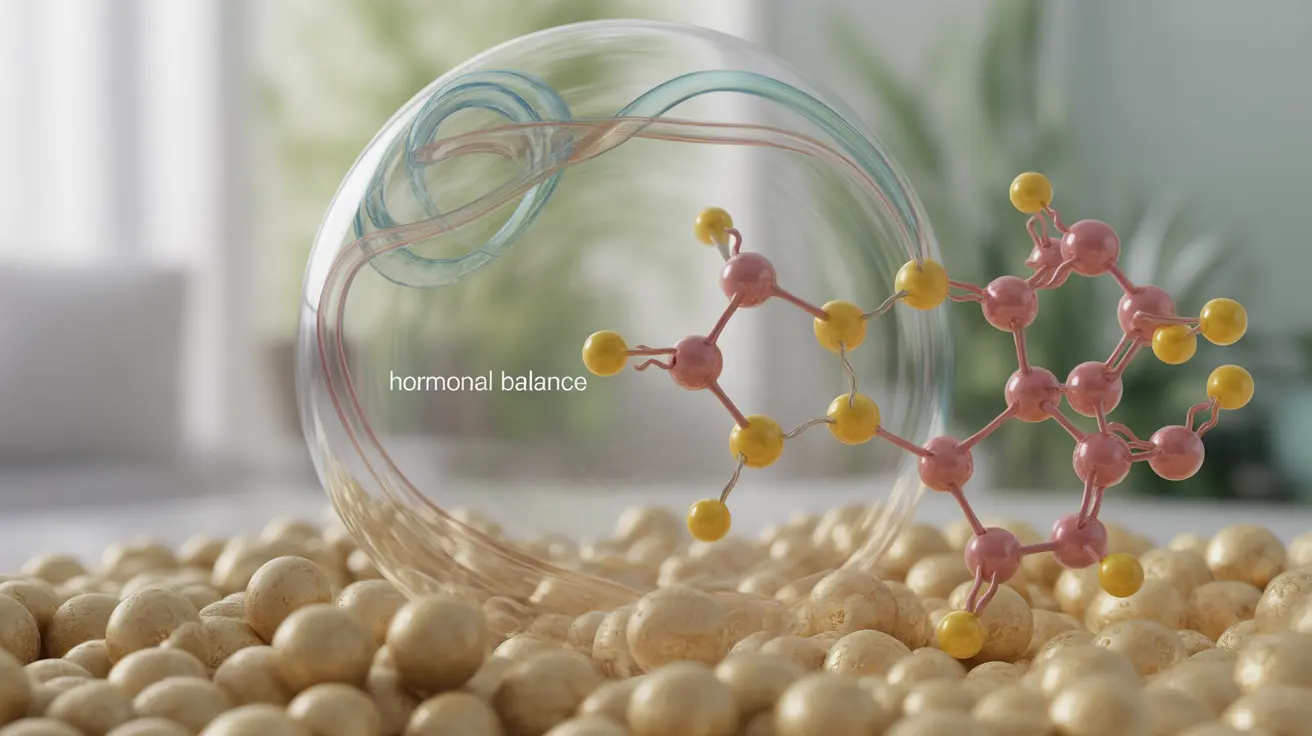High cholesterol affects women differently than men, particularly as they age and go through hormonal changes. Understanding what causes high cholesterol in women is crucial for maintaining heart health and preventing cardiovascular disease. This comprehensive guide explores the unique factors that influence cholesterol levels in women and provides practical strategies for management.
The Role of Hormones in Women's Cholesterol Levels
Estrogen plays a vital protective role in maintaining healthy cholesterol levels. This hormone helps increase HDL (good) cholesterol while keeping LDL (bad) cholesterol in check. However, during menopause, declining estrogen levels can significantly impact these delicate balances.
Women typically experience these hormonal changes between ages 45-55, which can lead to:
- Higher LDL cholesterol levels
- Lower HDL cholesterol levels
- Increased triglycerides
- Greater risk of cardiovascular complications
Medical Conditions Affecting Cholesterol in Women
Several health conditions can contribute to elevated cholesterol levels in women. Understanding these connections is essential for proper management and treatment.
Thyroid Disorders
Hypothyroidism, which is more common in women, can lead to increased LDL cholesterol levels. The thyroid hormone plays a crucial role in managing how the body processes and removes cholesterol.
Polycystic Ovary Syndrome (PCOS)
Women with PCOS often experience metabolic issues that can affect cholesterol levels, including insulin resistance and hormonal imbalances that may contribute to higher total cholesterol.
Lifestyle Factors and Cholesterol Management
Daily habits and choices significantly impact cholesterol levels in women. Key lifestyle factors include:
Diet and Nutrition
A heart-healthy diet rich in these components can help manage cholesterol:
- Fiber-rich foods
- Lean proteins
- Healthy fats (omega-3s)
- Fruits and vegetables
- Whole grains
Physical Activity
Regular exercise helps improve cholesterol levels by:
- Increasing HDL cholesterol
- Helping maintain a healthy weight
- Improving overall cardiovascular health
- Reducing stress levels
Prevention and Management Strategies
Women can take proactive steps to manage their cholesterol levels and reduce their risk of heart disease:
- Regular cholesterol screenings
- Maintaining a healthy weight
- Limiting alcohol consumption
- Quitting smoking
- Managing stress effectively
Frequently Asked Questions
What causes high cholesterol in women, especially after menopause?
The primary cause of high cholesterol in post-menopausal women is the decline in estrogen levels. This hormonal change typically leads to increased LDL cholesterol and decreased HDL cholesterol. Other factors include age-related changes in metabolism and lifestyle habits.
How do lifestyle factors like diet and exercise affect cholesterol levels in women?
Diet and exercise directly impact cholesterol levels. A diet high in saturated fats and processed foods can raise LDL cholesterol, while regular physical activity helps increase HDL cholesterol and maintain healthy weight. Both factors are crucial for managing overall cholesterol levels.
Can medical conditions such as hypothyroidism or polycystic ovary syndrome increase cholesterol in women?
Yes, both conditions can affect cholesterol levels. Hypothyroidism slows metabolism and can increase LDL cholesterol, while PCOS often leads to metabolic disruptions that can affect overall cholesterol levels and heart health.
Why does estrogen decline during menopause lead to higher LDL and lower HDL cholesterol?
Estrogen helps maintain healthy cholesterol levels by promoting HDL production and reducing LDL levels. When estrogen decreases during menopause, this protective effect diminishes, leading to higher LDL and lower HDL cholesterol levels.
What steps can women take to reduce or manage high cholesterol and lower their heart disease risk?
Women can manage cholesterol through regular exercise, maintaining a heart-healthy diet, getting regular check-ups, and considering medication if recommended by their healthcare provider. Additionally, managing stress, maintaining a healthy weight, and avoiding smoking are crucial steps in reducing heart disease risk.




